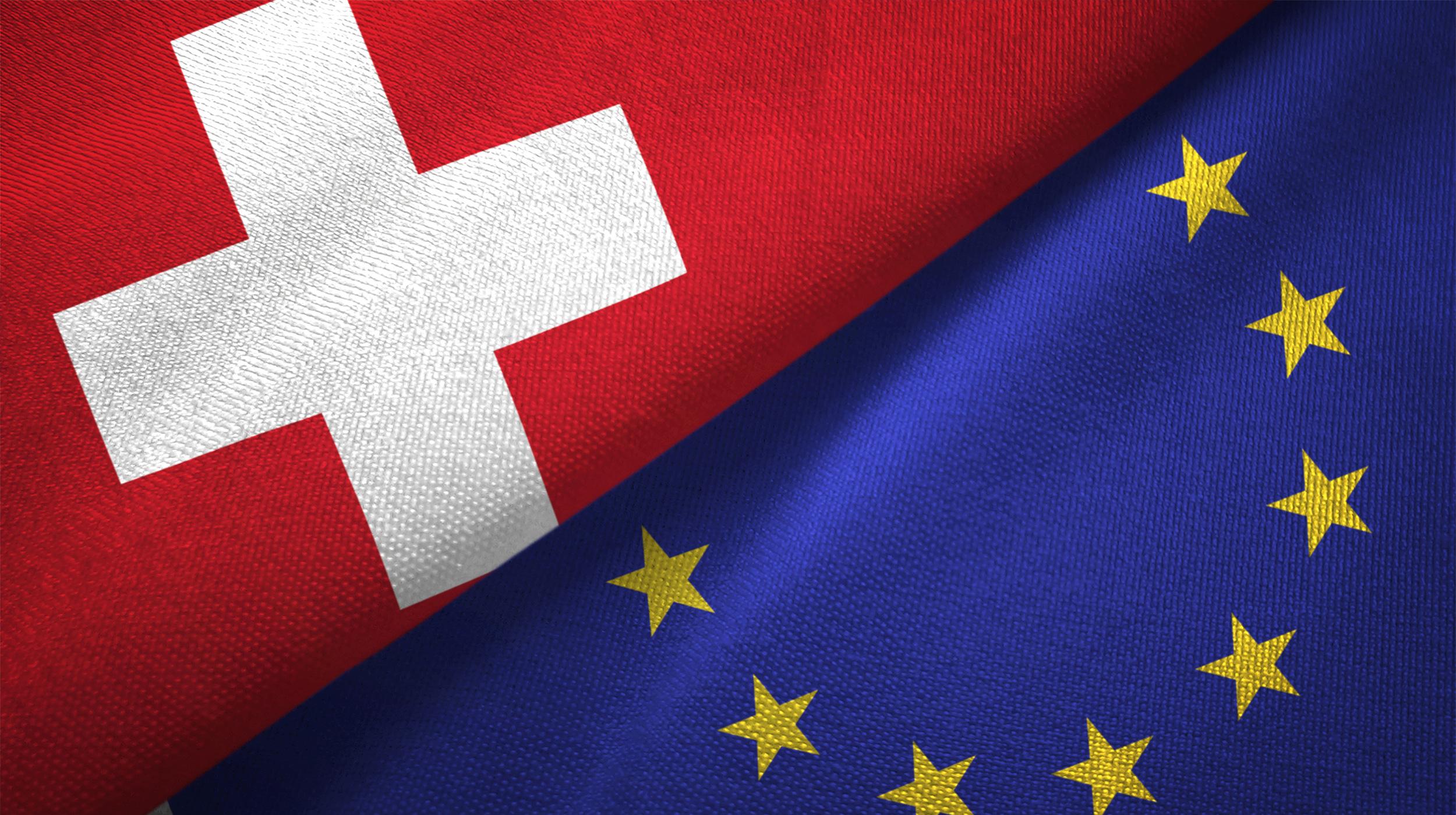The SNSF supports the bilateral agreements III

The SNSF supports the bilateral agreements III. Negotiated by the Federal Council, these agreements are essential for the future of science in Switzerland and stable relations with the EU.
As part of the Federal Council's consultation on the bilateral agreements III, “Stabilisation and Development of Swiss-EU Relations”, the SNSF has expressed its support for the agreements. In its position statement, the SNSF points out that the bilateral approach between Switzerland and the EU has contributed significantly to Switzerland's success in the field of research and innovation over the past nearly 25 years. The SNSF is convinced that this approach should therefore be continued.
Included in the bilateral agreements III package, the EU Programmes Agreement (EUPA) will provide stability for the Swiss scientific community. Swiss researchers can currently participate in EU research programmes on a provisional basis. This step was made possible by the material completion of negotiations between Switzerland and the EU. However, Switzerland's access to these programmes is entirely dependent on the EU and can be withdrawn at any time. The adoption of the bilateral agreements III would ensure the continuation of this participation.
Positive benefits for research, the economy and society
In concrete terms, these agreements will help attract talent to Swiss higher education institutions and prevent brain drain. They will also facilitate access to strategic areas that require long-term investment and involve problems that cannot be solved within a national context (e.g. AI, quantum technology, space).
From the perspective of the SNSF, these agreements will also enable Switzerland to exert influence and shape European policies and programmes in line with its interests. Overall, they will help to strengthen Switzerland's competitiveness, which is essential not only for progress in research, but also for the economy and societal well-being, particularly in a context of growing geopolitical challenges.
In order to maintain research excellence in our country, the principle of free movement of persons is also essential. To maintain its leading position on the international stage, Swiss research must be able to recruit the best researchers from Switzerland and abroad.
Next steps
The Federal Council is due to sign the agreement on Switzerland's participation in EU programmes in mid-November. Further agreements between Switzerland and the EU are expected to be signed in the first quarter of 2026.
The public consultation on these agreements remains open until 31 October 2025. Parliament is expected to discuss them next year. And it is likely to be the Swiss population who will ultimately determine their fate.